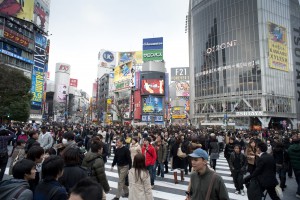This week we had the pleasure and the honour to welcome a small delegation of the Church of Scotland to Brussels. During the two-day study visit, the delegation from Edinburgh had the chance to learn more about the work of Eurodiaconia and its staff, as well as to further understand the mechanisms of the main European institutions.
The bilateral meetings with MEPs and representatives of the institutions are indeed an excellent opportunity to learn, and they give our members the possibility to present the diaconal service in their territories. But what I have always been pleasantly surprised by, is the deep knowledge in the field of social policy and international politics of our members. Since the beginning, each meeting becomes a live platform to exchange different views and new ideas, but also to provide constructive criticism. It is crystal clear that speakers hold us in high esteem and that our networks of social service providers are for them among the major stakeholders to talk to.
I think we should be proud about the fact that our diaconal and church organisations do most certainly deal with political causes of social problems and aim at structural solutions.
However, this brings up a crucial question I have been personally asked many times: What is the difference, then, between our networks and any other NGO or lobby in Europe?
I think the answer is simple and challenging at the same time: Diaconia has the Christian view on the human being as its starting point. That means that our member’s work is characterised by standing as guardians of God’s house, placing diaconal love in sharp contrast with a selfish and power-oriented world. It is a call to solidarity, where individuals are summoned to serve God, others, and the common good of the society.
Keep your energy up and make a difference!
Have a good weekend,
Antonio
